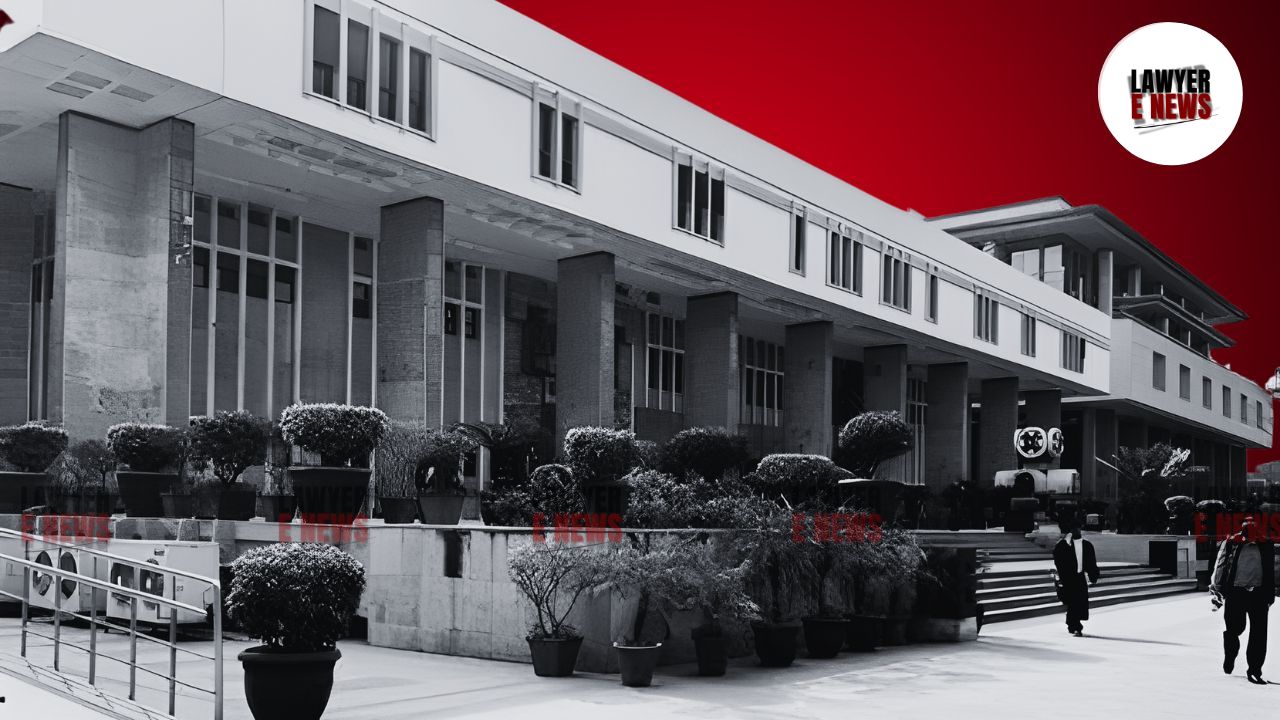-
by Admin
15 February 2026 5:35 AM



On September 20, 2024, the Delhi High Court, in Manish v. State of NCT of Delhi & Anr., dismissed a petition challenging a Family Court’s order granting maintenance to the wife under Section 125 of the Criminal Procedure Code (CrPC). The Court upheld the award of ₹5,500 per month with a 10% increment every two years, stating that the petitioner failed to substantiate claims that his wife was living separately without reasonable cause.
The case originated when Respondent No. 2 (the wife) filed an application under Section 125 CrPC, seeking maintenance on the grounds of dowry harassment, domestic violence, and her husband's failure to support her financially. The Family Court awarded maintenance, but the husband (petitioner) challenged this decision, claiming that his income was overstated and that his wife had no sufficient reason to live separately. The petitioner further argued that his wife’s educational qualifications (holding a BA and MA degree) should disqualify her from receiving maintenance.
The petitioner argued that the Family Court had wrongly assessed his income at ₹16,000 per month, based on the minimum wage in Delhi, even though he was employed in Uttar Pradesh where the minimum wage is lower.
The Court, relying on precedents such as Kiran Tomar v. State of U.P. and Bharat Hegde v. Saroj Hegde, dismissed this argument, noting that in matrimonial disputes, parties often understate their income, and reasonable estimates must be made.
"Courts are permitted to make some guess work and arrive at a figure that a party may reasonably be earning," observed the Court [Para 37].
The petitioner contended that his wife had left the matrimonial home without sufficient reason, disqualifying her from maintenance under Section 125(4) CrPC. He cited incidents where the wife was not present at the home on dates she claimed to be assaulted and argued that she had refused to reconcile.
However, the Court found the wife's testimony credible, especially her allegations of dowry harassment and physical violence. It noted that the husband had not provided sufficient evidence to prove that the wife was living separately without justifiable cause.
"A wife cannot be disentitled from claiming maintenance merely because she seeks divorce after having left the company of her husband due to sufficient reasons" [Para 31].
The petitioner claimed a portion of his income should be allocated for the maintenance of his parents. However, the Court dismissed this claim, finding no evidence on record to show that his parents were dependent on him.
"Merely a bald averment that the petitioner was living with his parents is insufficient" [Para 38].
The petitioner argued that since his wife was well-educated, she should not receive maintenance. The Court rejected this argument, holding that educational qualifications alone do not disqualify a wife from receiving maintenance unless it is shown that she is capable of self-support.
"Merely because Respondent No.2 is educated, the same alone is not a ground to deny her maintenance" [Para 42].
Justice Amit Mahajan dismissed the petition, affirming the Family Court’s order. The Court emphasized that the object of Section 125 CrPC is to prevent vagrancy and ensure that a deserted wife is financially supported.
Citing Chaturbhuj v. Sita Bai and Anju Garg v. Deepak Kumar Garg, the Court reiterated the principle that a husband cannot shirk his duty to support his wife. The husband's claim of financial incapacity to pay maintenance was also rejected, as the Court noted inconsistencies in his financial disclosures.
"It is the sacrosanct duty of the husband to provide financial support to the wife... The husband is required to earn money even by physical labour if he is able-bodied" [Para 40].
The Delhi High Court upheld the Family Court’s maintenance award, reiterating that the husband's responsibility to support his wife is non-negotiable, even in cases of limited means. The Court found no infirmity in the lower court's assessment of the facts and ruled that the maintenance of ₹5,500 per month was just and reasonable.
Date of Decision: September 20, 2024
Manish v. State of NCT of Delhi & Anr.
